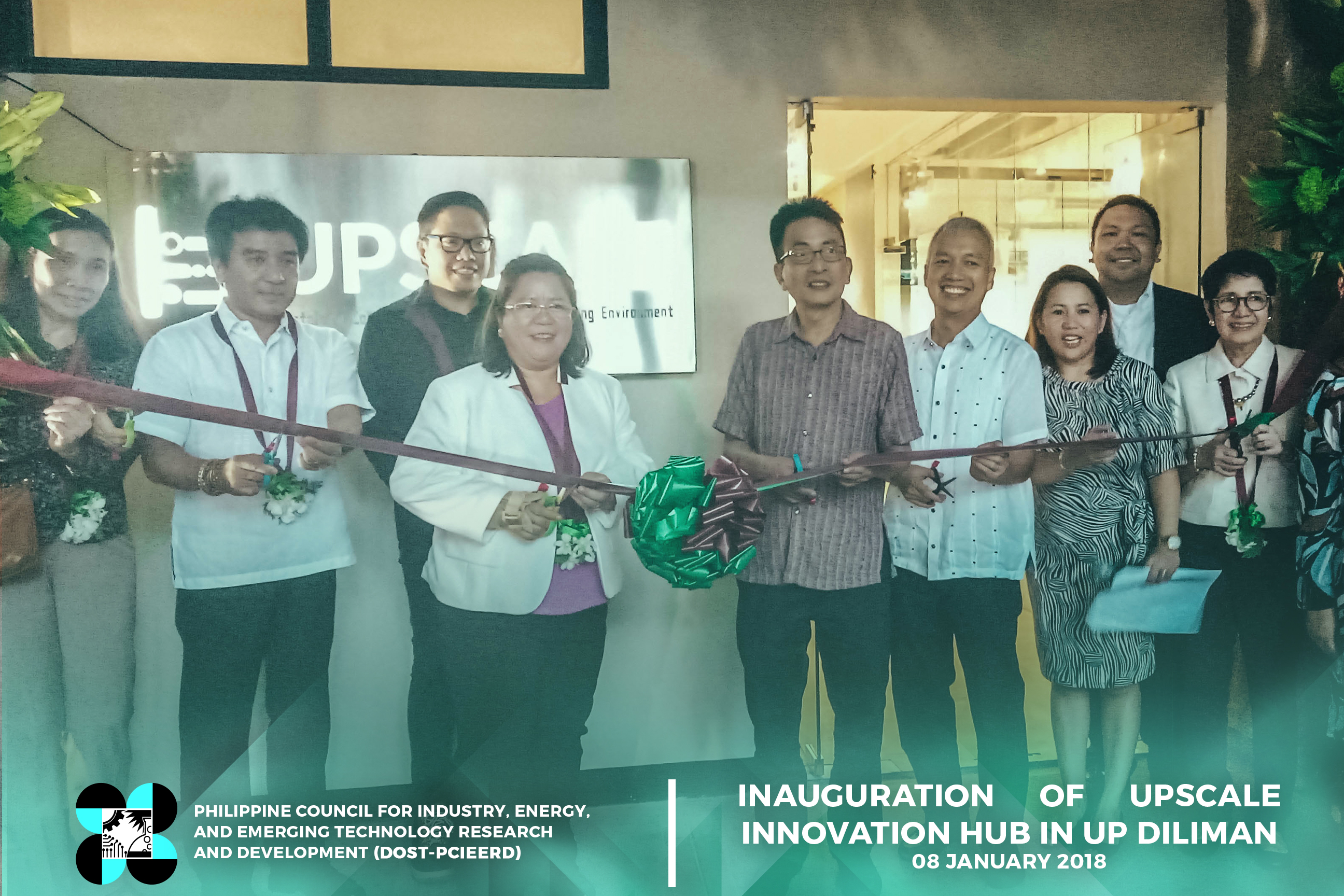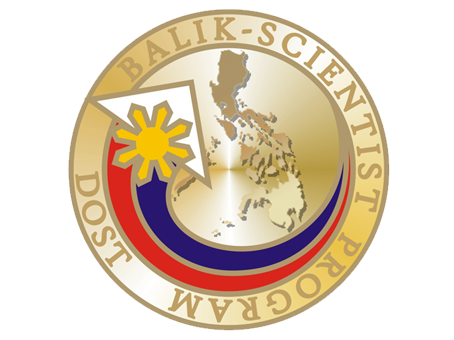The Department of Science and Technology (DOST) will be funding the development of a hybrid trimaran cargo vessel that can harness energy from ocean waves.
This P76-million project is the brainchild of shipyard owner Engr. Jonathan Salvador. The project will be implemented by the Aklan State University (ASU), with the Maritime Industry Authority (MARINA) and Metallica Shipyard as its partners. MARINA, as a project partner, will ensure that the vessel will be compliant with international safety and emission standards. Having 7 years of experience in shipbuilding, Metallica Shipyard will provide the hybrid craft’s design and specifications.
The construction of the hybrid craft will improve our country’s maritime industry as it is projected to be a modern design, environment-friendly, safe and unsinkable.
The cargo vessel is envisioned to carry 100 passengers, 4 vans, and 15 motorcycles. Steel will be used to build the vessel to ensure higher structure efficiency and better wave resistance.
Wave energy double action hydraulic pumps will be integrated in the outriggers of the hybrid craft. The mechanical movements in the pumps will be converted to electrical energy that can be used to provide additional power to the vessel. The more waves that the vessel encounters, more power will be produced. This technology is expected to improve the vessel’s energy efficiency, making it not only cost-efficient, but also environment-friendly.
The vessel will utilize multi-engine technology that prevents it from encountering total engine failures while at sea, minimizing maritime accidents. It will also be constructed with a specifically engineered design to address the possibility of capsizing, making it practically unsinkable and able to withstand harsh environments at sea.
The construction will start this year and will be monitored by the Philippine Council for Industry, Energy, and Emerging Technology Research and Development (PCIEERD). By 2020, the Philippines will get a glimpse of the finished hybrid trimaran fast craft passenger cargo vessel that harnesses energy from ocean waves.








